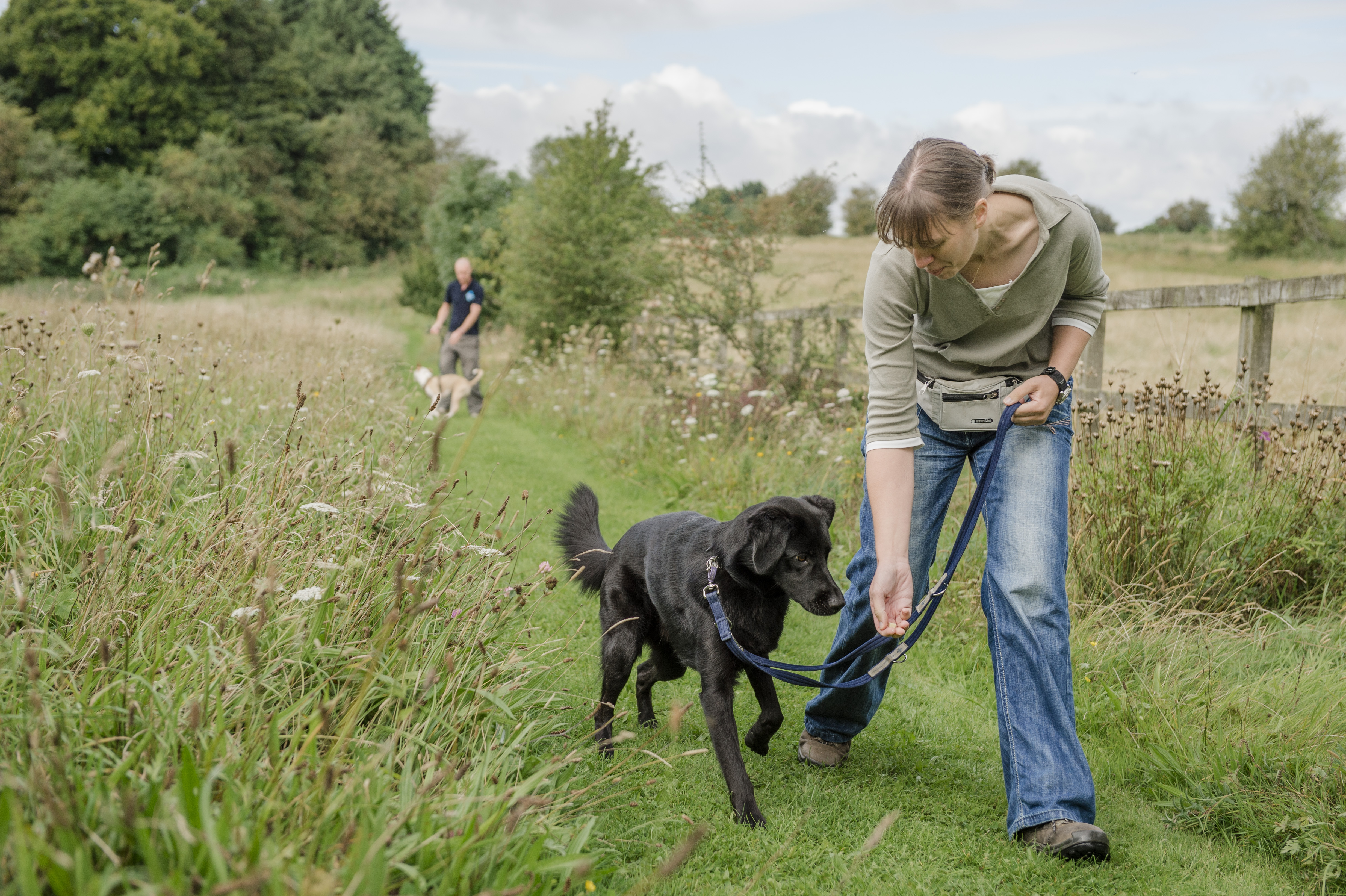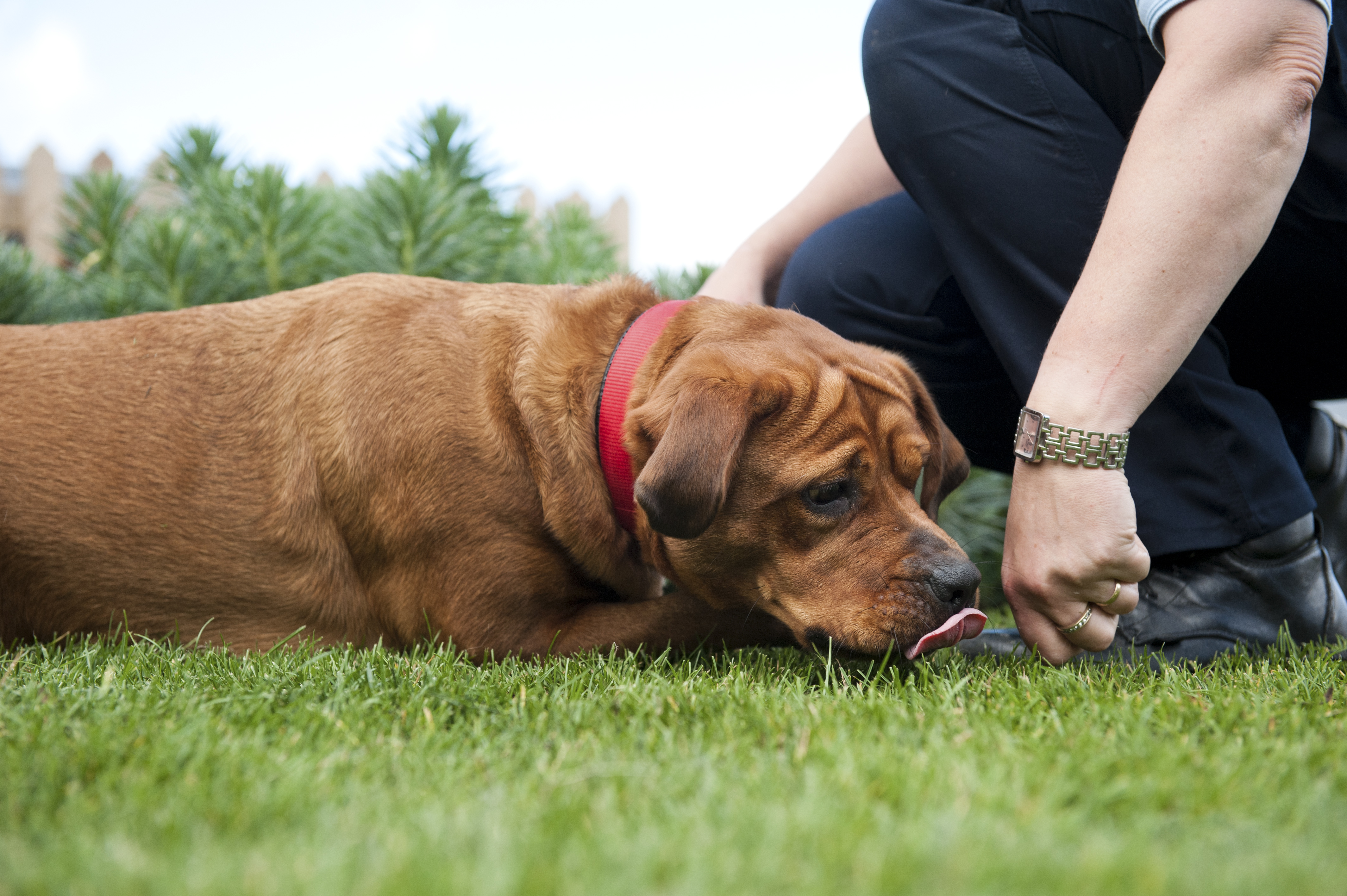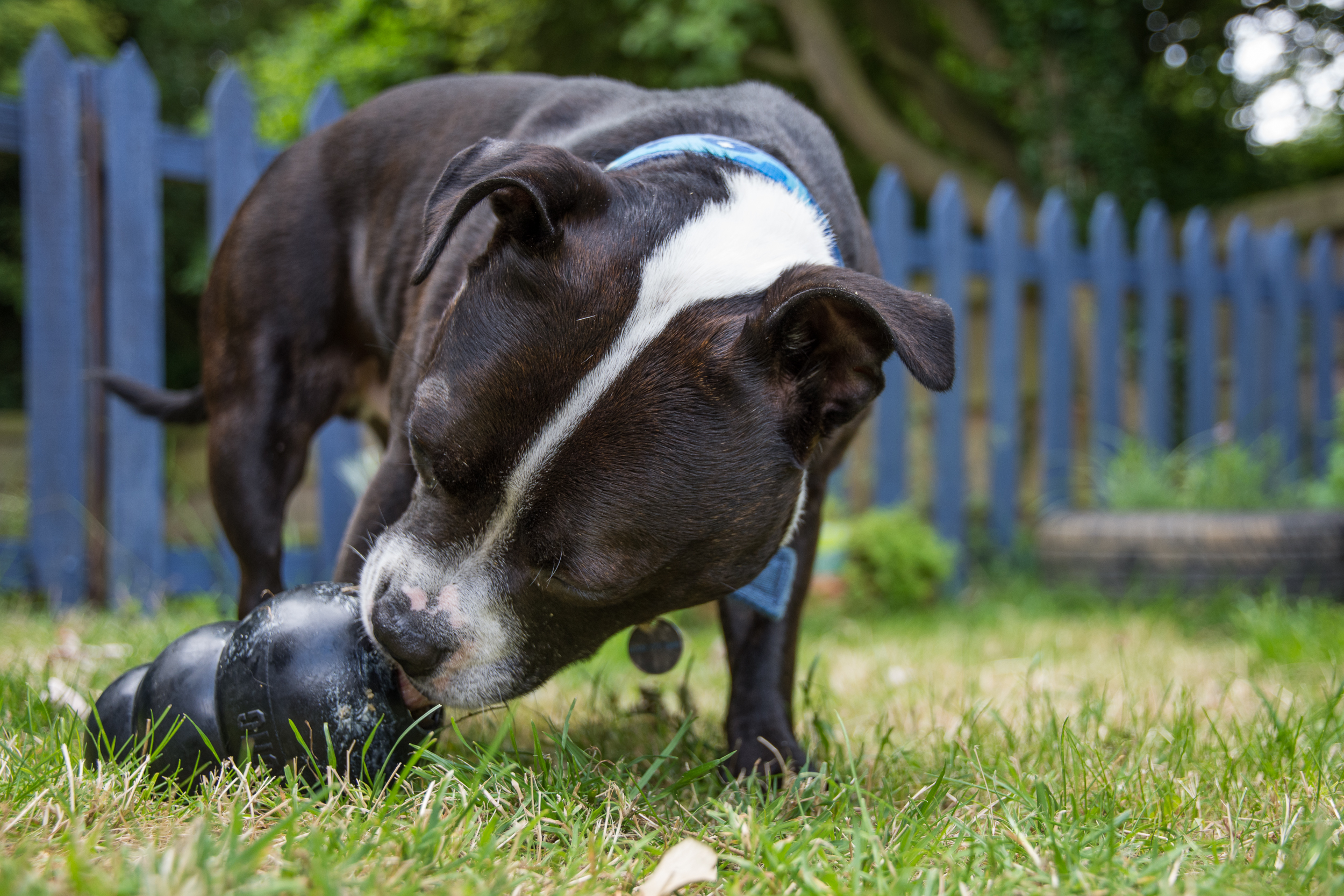
Can dogs eat cheese?
- Dogs can eat cheese as long as it is a small amount and they don’t eat it very often
- Dogs with a lactose allergy or intolerance, who need special diets, or are prone to tummy upsets should not eat cheese
- Cheese can make a great high value treat for training dogs
- Hiding a pill or tablet in cheese can help when your dog doesn’t want to take their medication
- Don’t give your dog blue cheese as the mould that makes the cheese blue can make them very ill
The simple answer to whether or not dogs can eat cheese is that it depends on the individual dog.
Cheese itself isn’t poisonous or toxic to dogs (except blue cheese, see below). But some cheeses do have added ingredients that could cause a dog harm, such as onion, garlic, herbs or other additions.
As a general rule, the best way to ensure your dog stays healthy is to feed them a balanced diet suitable for the canine species. We recommend pre-prepared commercially available foods – either wet or dry or a mixture of both – labelled ‘complete’. Cheese can be given as an occasional treat in moderation, alongside a healthy diet.
If your dog manages to eat a whole block or other large amount of cheese, they may vomit. Keep an eye on them, and call your vet for advice if they become unwell.

Which cheeses are unsafe for dogs?
It’s best to stay on the safe side and keep your pet away from blue cheeses such as stilton. The fungus used to make these cheeses produces a substance called roquefortine C, which dogs can be sensitive to. This substance can cause vomiting, diarrhoea, high temperatures and even seizures. The risk of these symptoms is higher if your dog eats a large amount of cheese. If you notice any of these signs after your dog eats blue cheese, call your vet urgently.
High fat cheeses can cause vomiting and diarrhoea, especially if your pet eats a lot of them. Call your vet if you are worried.
These dogs shouldn’t eat cheese
- Overweight dogs. Cheese is high in fat so should be kept away from dogs who need to lose a few (or more!) pounds. Leaner alternatives for training treats include chicken, ham and tuna.
- Lactose intolerant dogs. Dogs that have an allergy or intolerance to dairy shouldn’t eat cheese at all.
- Dogs with upset tummies. If your dog struggles when they eat anything that isn’t part of their usual diet it’s best not to let them have any cheese as it could lead to sickness or diarrhoea.
- Dogs with kidney problems. Many cheeses have a high salt content so aren’t very good for dogs with kidney disease.

Using cheese for dog training
Lots of dogs find cheese irresistible, which makes it an ideal option for a high value reward when training your pet. A high value reward is one where you want to tell your dog you are ever so pleased they have shown you the behaviour you have asked of them, and because of this it is used sparingly. For example, if your dog struggles with recall but finds cheese tasty, giving them a small cube of cheese when they return to you when asked will help them learn that coming back when called is a good thing.
At Blue Cross, we use small cubes of cheddar cheese or cheese in a squeezy tube to train dogs at our rehoming centres.
Smearing cheese from a tube inside a Kong can also be a nice calming treat for your dog, particularly if you’d like them to settle for a while or are helping them work through separation anxiety.




